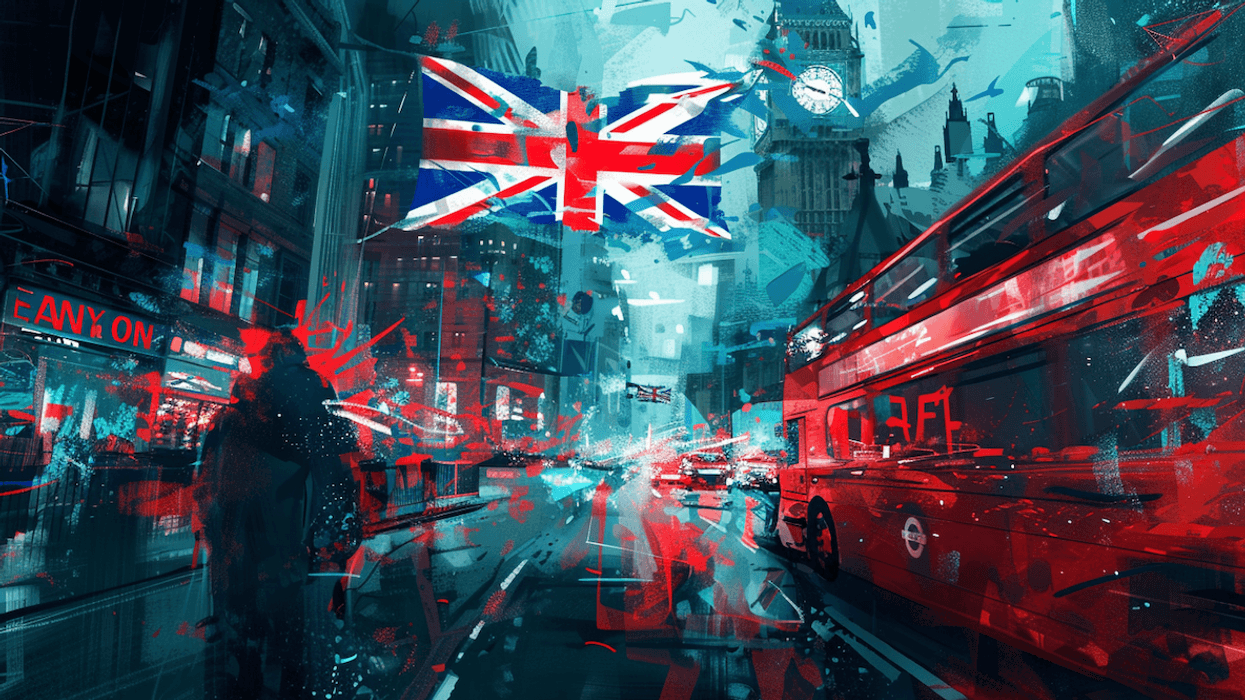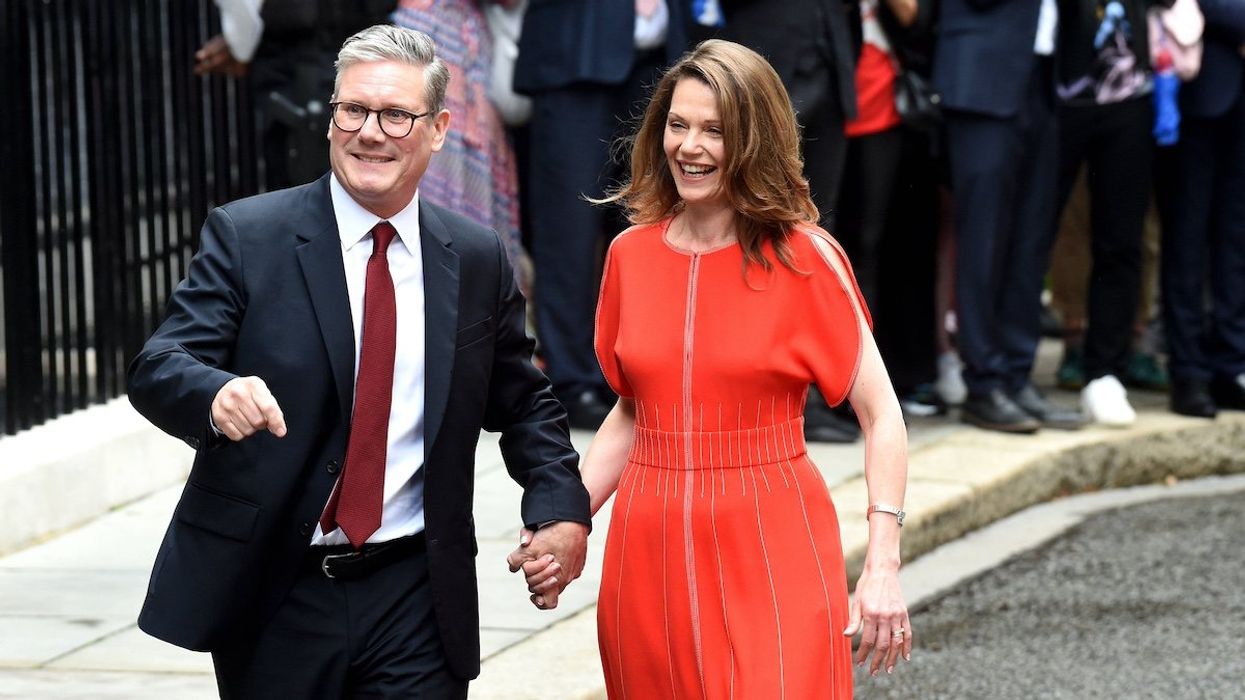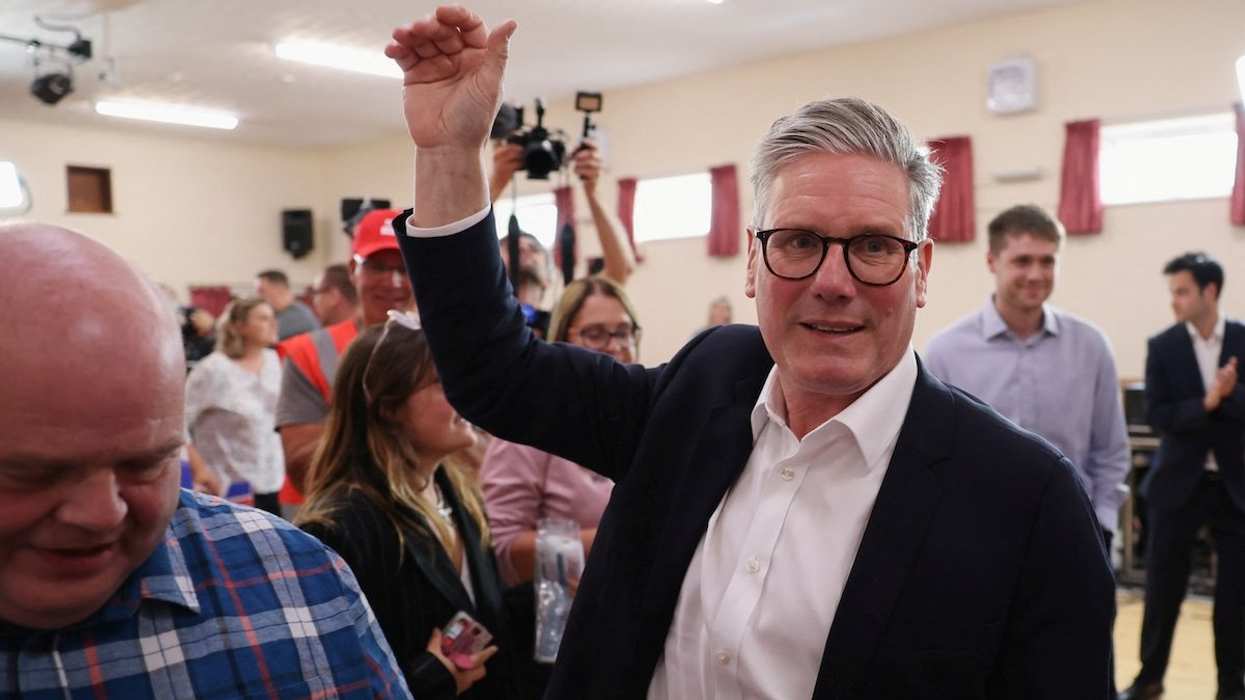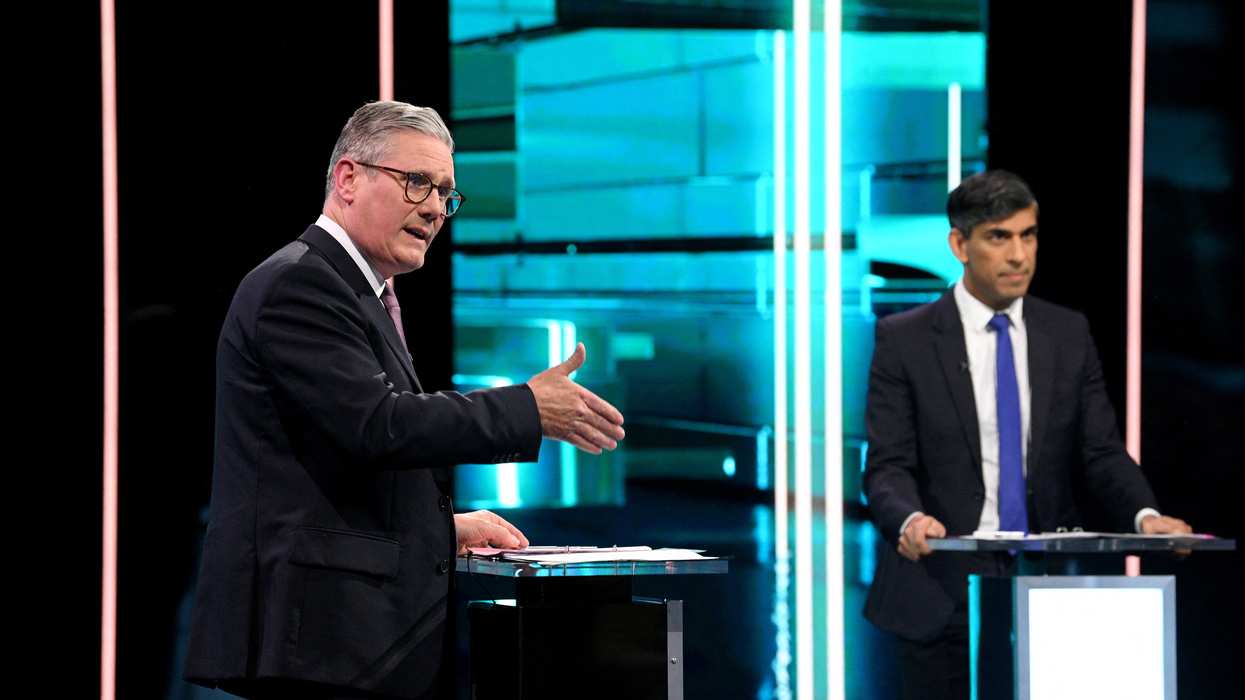World Economic Forum
Rishi Sunak on AI, sovereignty, and hard power
Who decides how much control a country should have over its technology? Speaking at the 2026 World Economic Forum in Davos, former UK Prime Minister Rishi Sunak discussed the balance between national sovereignty and global interdependence.
Jan 23, 2026










